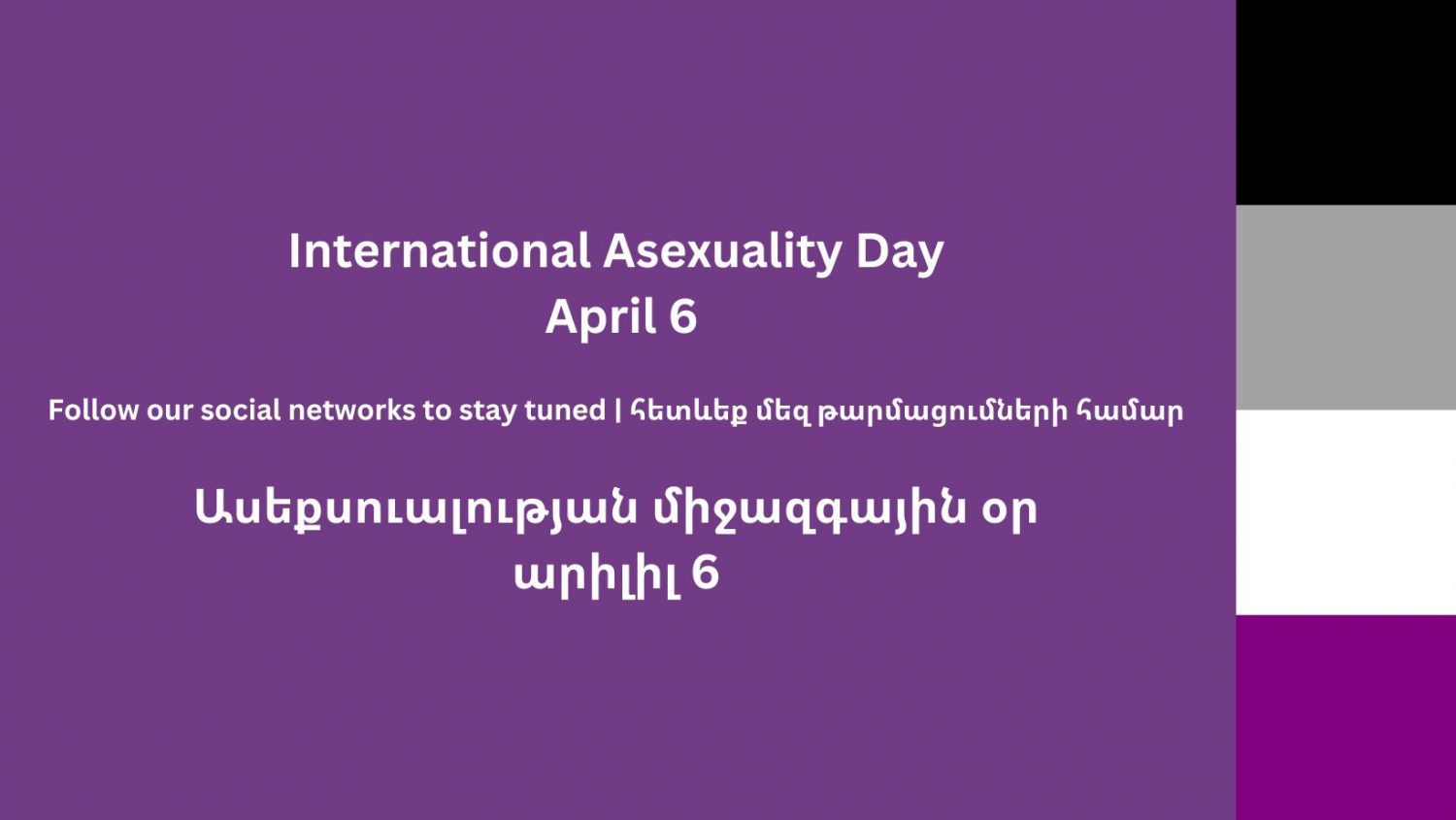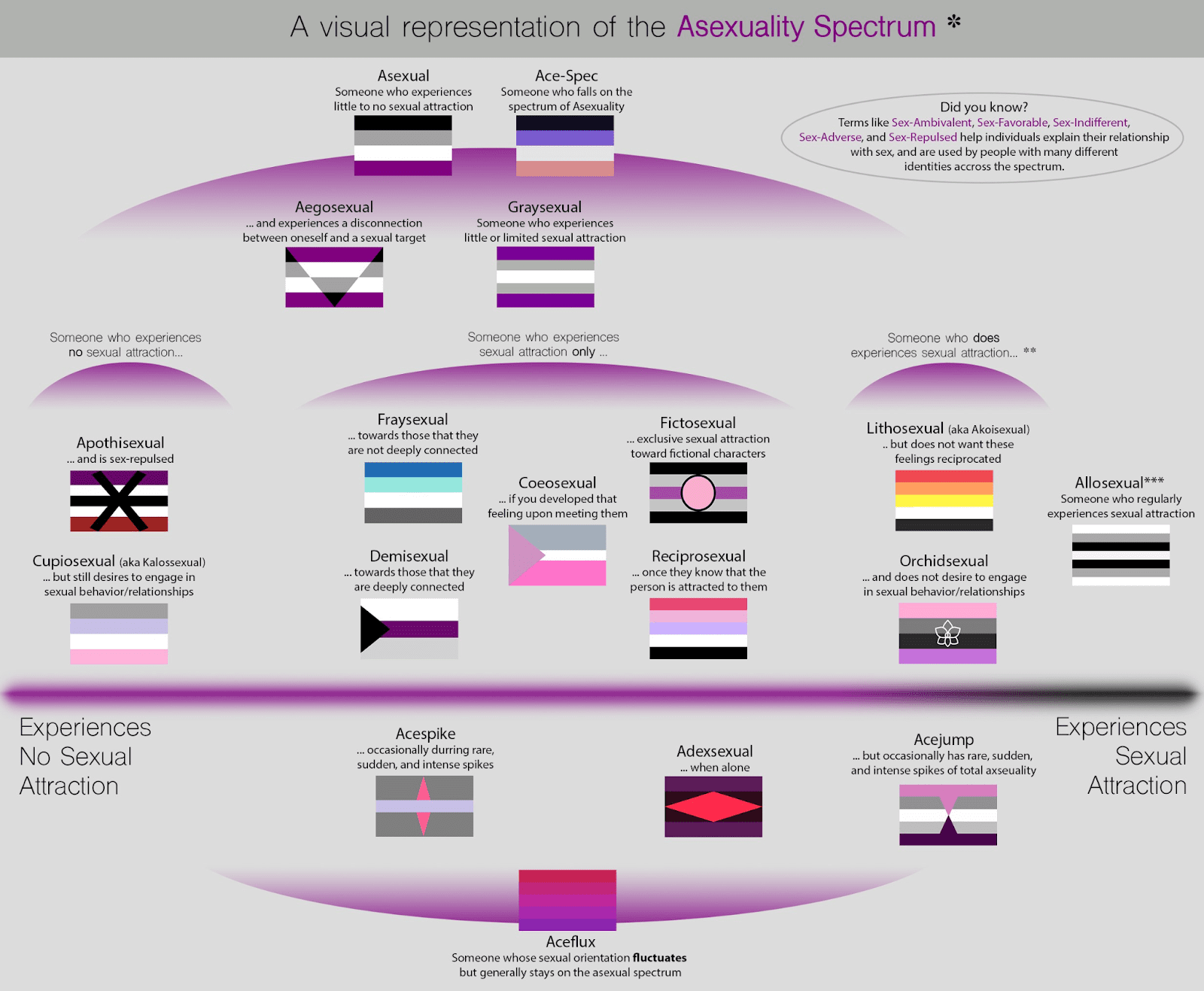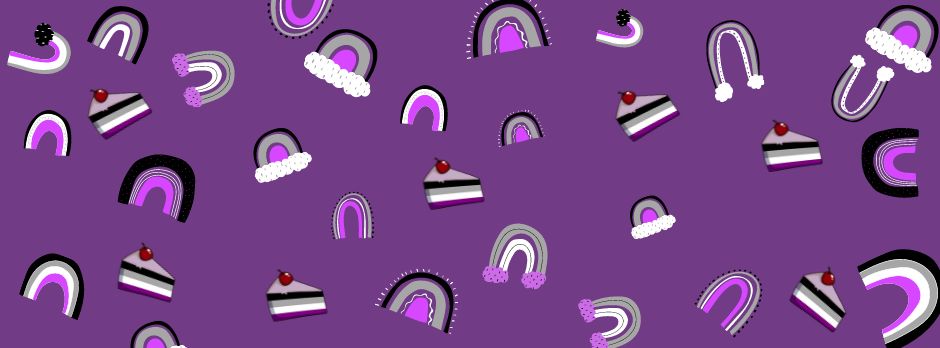Highlighting The General Terms Related to Ace People
Welcome to an exploration of asexuality, a topic often misunderstood yet crucially important within the diverse landscape of human sexuality. In this article, we’ll delve into the fundamentals of asexuality, debunk common myths surrounding it, and shed light on why the ‘A’ is an integral part of the LGBTQIA+ acronym.

Allosexuality and Asexuality
Let’s understand the basic terms that make up the world of sexuality. People who experience sexual attraction to others and/or themselves are called allosexuals. Allosexuals might identify as gay, hetero, pansexual, or of another sexual orientation, as allosexuality doesn’t describe the gender of who they’re attracted to. The term “allosexual” exists to avoid labeling one group as “asexual” and the other as “normal.”
Asexuality, on the other hand, is a spectrum of sexual orientations, referring to a lack of sexual attraction for others. Some people define asexuality as not having or having a little desire for partnered sex. It is a valid sexual orientation, a form of the norm. If you struggle to understand why so, think of homosexuality as sexual attraction to the same sex/gender (s/g) and the lack of it for people of the opposite sex/gender, and heterosexuality is the lack of sexual interest in people of others. In the same way, asexuality is the lack of sexual attraction to people of a different gender. Ace people themselves highlight that the defining quality is that asexual experiences are markedly different from those of “sexual” (allosexual) people they know of or have heard of.
Can asexual people desire or have sex?
Yes, some ace people might have some sexual attraction. Asexuality and allosexuality exist on the same spectrum. Some asexual (“ace”) people might never experience sexual attraction, while others might feel sexual attraction in specific circumstances and some could take it or leave it. The key is that asexuality is not voluntary, unlike celibacy. Religious or moral abstinence from intimacy is a choice to abstain from sex, whereas for some, asexuality is a lack of sexual attraction. Those who do not experience sexual attraction may choose to have sex for other reasons.

People, following the principles of questioning, began to find more specific terms to describe their relationship with sexuality. These terms form the so-called ase spectrum. Let’s get acquainted with some of them.
Ace umbrella
Demisexual: People who only experience sexual attraction once they form a strong emotional connection with another person.
Grey-A/Greysexual: People who identify somewhere between sexual and asexual.
Aceflux has two common definitions:
- Someone with a fluctuating orientation, and that orientation is always within the asexual spectrum
- Someone with an orientation that fluctuates between no attraction, some attraction, and a lot of attraction.
Apothisexual, which stems from the Greek root “apothisan,” meaning ‘repulsed’, refers to someone who identifies as asexual and finds sex and/or sexual activity to be disgusting or uncomfortable. Individuals who use this term are affected by sex in the media to varying degrees and may try to avoid its presence altogether.
A more detailed system of identities is shown in the image below,

Picture from Reddit
Is asexuality curable?
No, and it doesn’t need to be. Unfortunately, ace people often face questions or statements like this. This is a form of discrimination called medicalism. It is the idea that being asexual is primarily a medical issue, rooted in physiology or psychology. Questions like “Maybe it’s that you experienced violence as a child, and that made you asexual?” are hurtful and invalidating.
You shouldn’t associate it with fear of intimacy because, if you are not asexual, you will have sexual attractions, even while being scared to act towards them. It is important to remember that asexuality is similar in the root to difficulties of homosexual or bi* people. The other form of discrimination is invalidation.
As we conclude our journey into understanding asexuality, we hope that the information in this article has clarified this overlooked topic. By busting myths and talking about why ‘A’ is a crucial part of LGBTQIA+, we aim for more people to get it and be more kind to people with different experiences.
#ace #asexual #asexuality #ասեքսուալություն #lgbt #lgbtqia #lgbrarmenia#divercityngo #dcngo #բազմազան #acepride #demisexual
![]()



